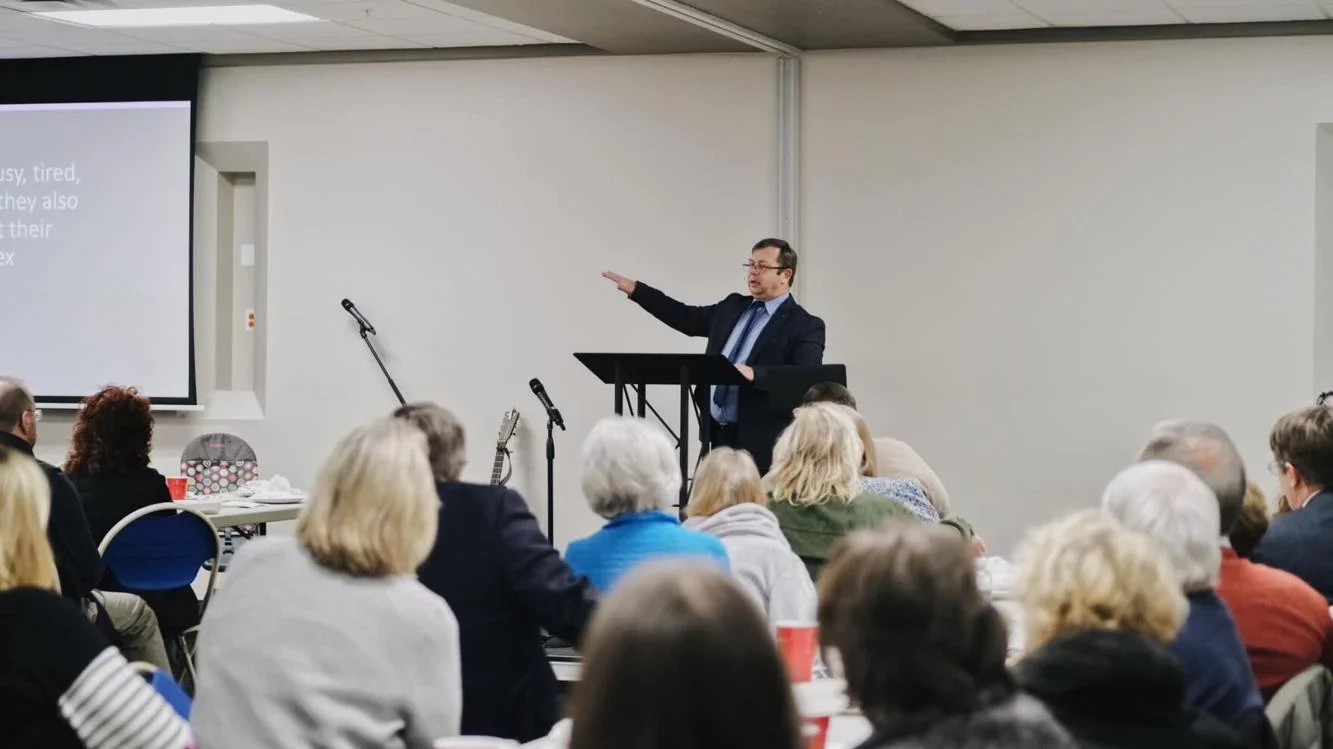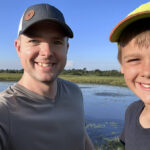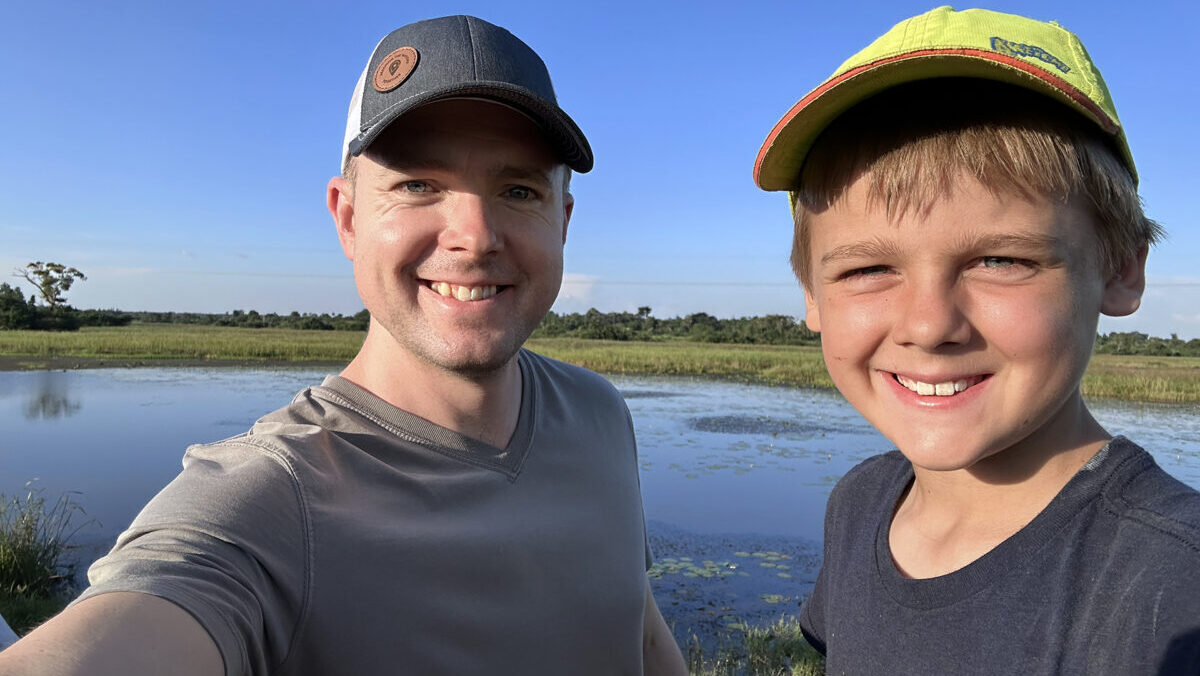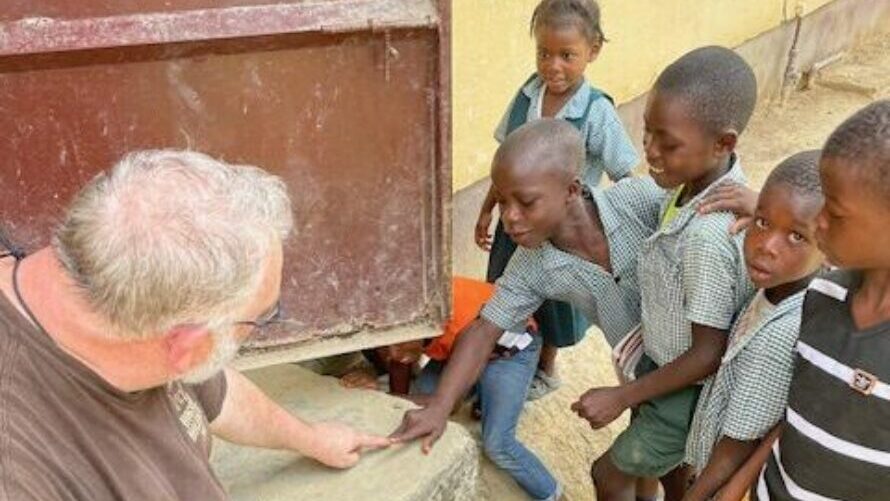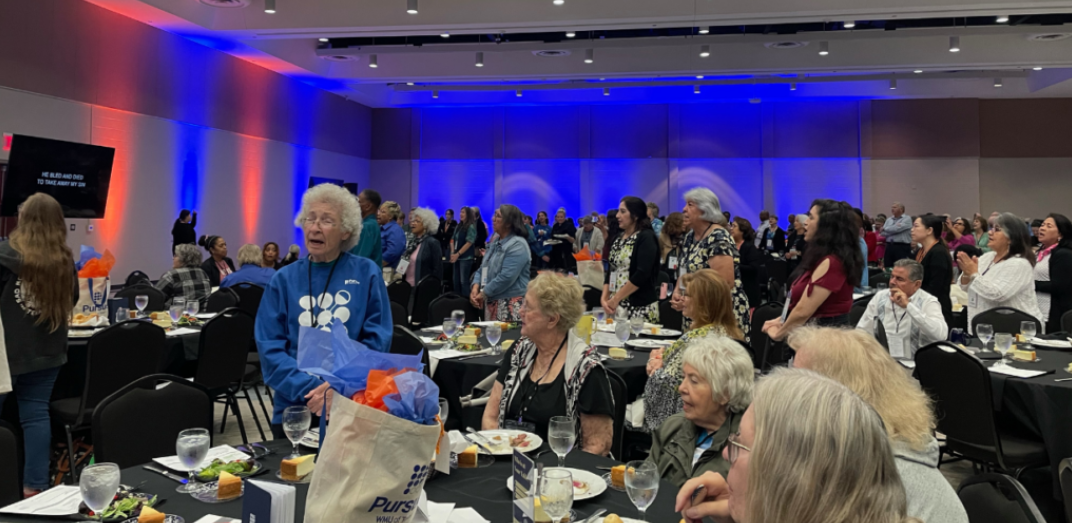A Kentucky Baptist church that began a missions organization in Romania 28 years ago has seen their efforts bloom into a massive church planting movement. Since the Romanian-American Mission was begun by Buck Run Baptist Church, more than 400 churches have been planted, beginning in Romania but spreading throughout the European Union.
The work of the Romanian-American Mission was recently celebrated with an event at Buck Run Baptist. RAM will be moving its headquarters from Decatur, Ala., to Buck Run.
Approximately 150 people attended the event — and even though it was not announced beforehand that an offering would be received, $26,000 was given to support that work. Buck Run Baptist is among the top churches in the state in Cooperative Program giving, but Pastor Hershael York noted the RAM offering is “in addition to CP giving, not instead of.”
RAM began under the leadership of Bob Jackson, York’s predecessor at Buck Run Baptist. The mission eventually had an independent board to oversee the work, but Buck Run Baptist “has been a constant supporter and a part of that mission,” York noted.
Team effort
For the first decade of its existence, RAM was involved primarily in Romania and Moldova. But in 2007, Romania entered the European Union, and that led to RAM expanding its focus to various western European countries that had become home to several missions of displaced Romanians. RAM expanded its work to spread the gospel and plant churches in the United Kingdom, Austria, Italy and Spain.
“A lot of churches support this mission,” York said, but it has always been connected to one strategic church (Buck Run Baptist). Once a year we have a banquet for it, but now it’s coming back here … and Cristi Chivu will be the only full-time employee.” He will serve as RAM’s international coordinator.
York noted that RAM-planted churches “have been working for several years with the Ukrainian Christians by training pastors. Now those Romanian churches are receiving refugees and doing an incredible work.”
Speaking at the Buck Run event was Dan Fodorean, dean of the school of theology and associate professor of applied theology at the Baptist Theological Institute of Bucharest. He also is the director of Leader Formation Institute and Antioch Church Network and teaching pastor of Bethany Baptist Church in Bucharest. “He talked about how God had prepared them for this moment because they had established so many relationships and trained Ukrainian pastors for some time,” York said.
The movement that began in Romania has spread to the United Kingdom.
“Daniel Bara is a Romanian pastor who moved to Birmingham, England to plant churches. Reaching Romanians with the gospel resulted in those believers being allowed to meet in historic George Road Baptist Church,” York said. “Before long, the number of Romanian believers outnumbered the original congregation. The two congregations merged, and Bara was asked to be the pastor.
“It is one congregation, but they have a Romanian and an English service,” he noted. “Daniel has helped plant nine other churches in England. There are not many organizations planting that many churches in England, so it is like a revival breaking out.”
While RAM is not funded by the Cooperative Program, York noted that International Mission Board missionaries have a “friendly partnership with RAM and the Baptist Union. We’re part of the same team. IMB typically focuses on unreached people groups while RAM is specifically doing church planting among the Romanian people and throughout Europe.”
EDITOR’S NOTE — This article was written by Chip Hutcheson and was first published by Kentucky Today, news service of the Kentucky Baptist Convention.

